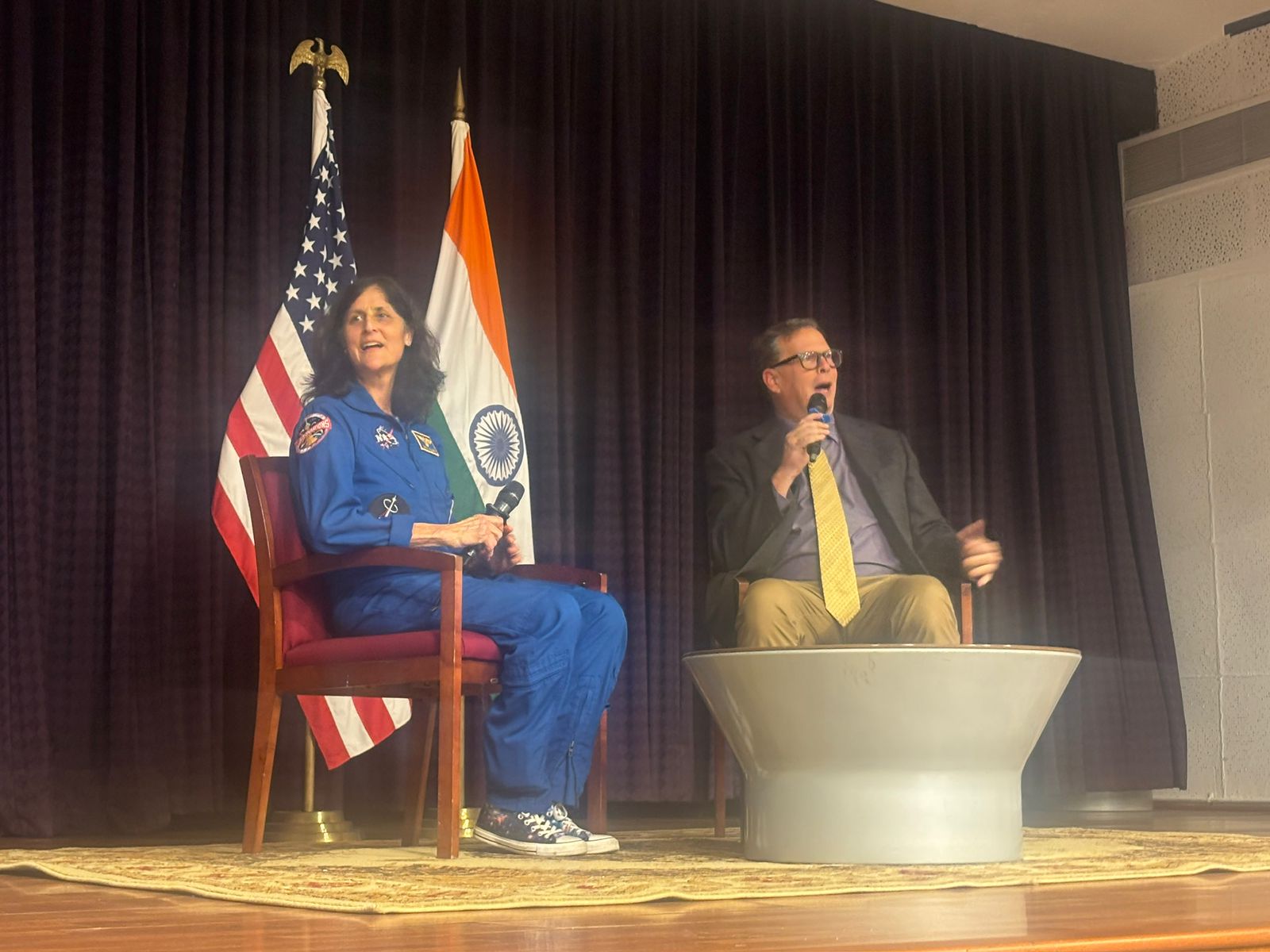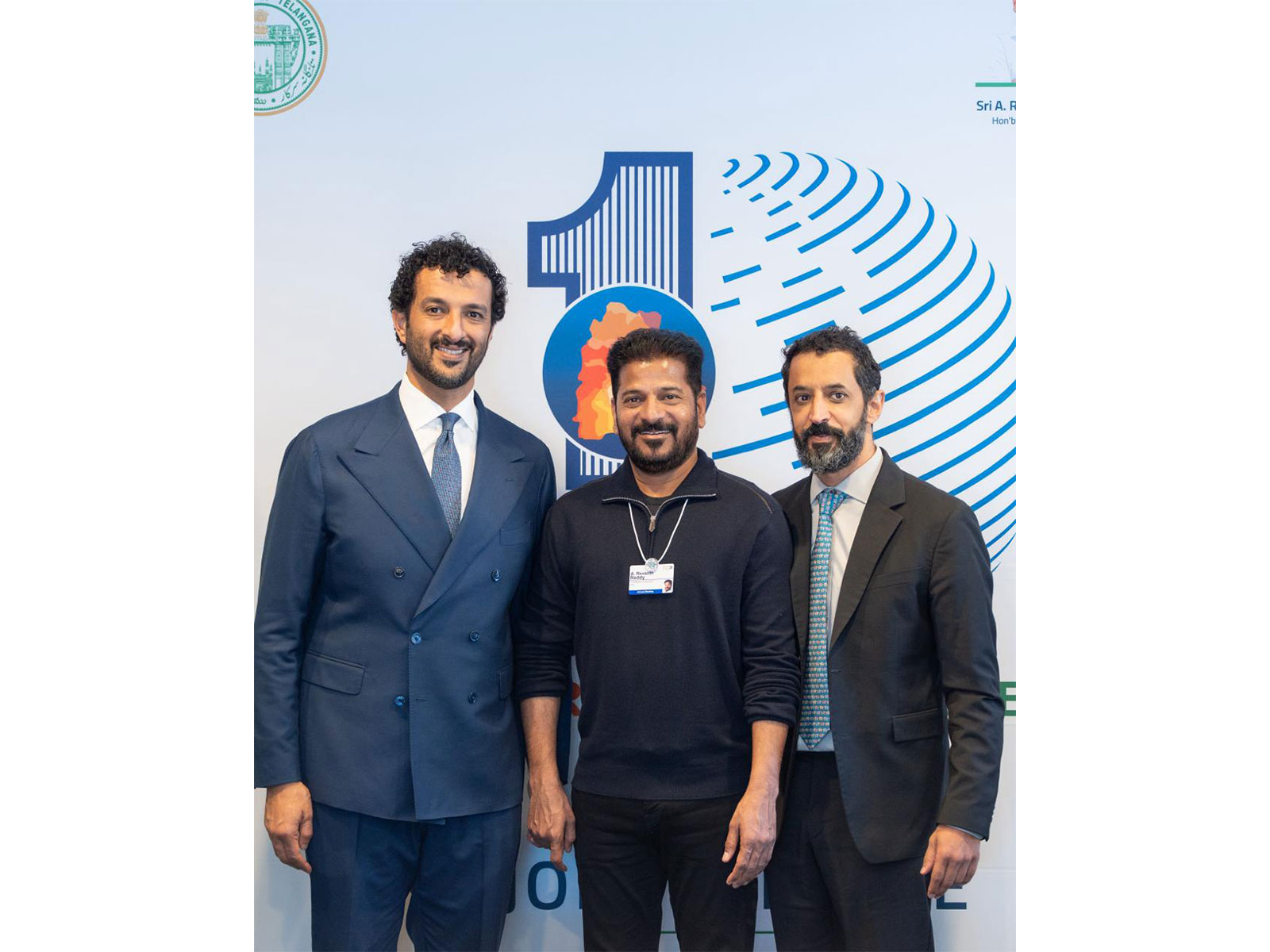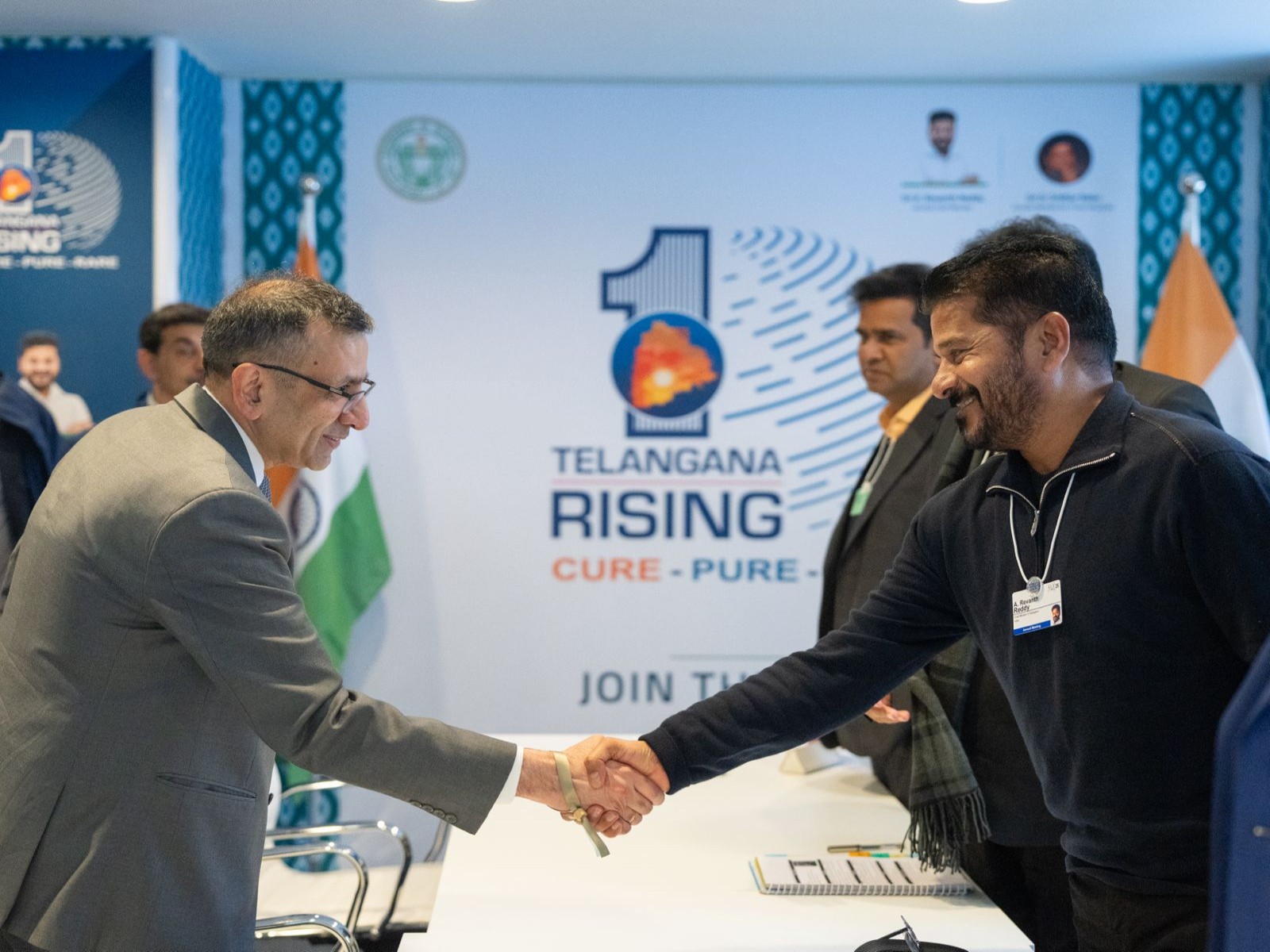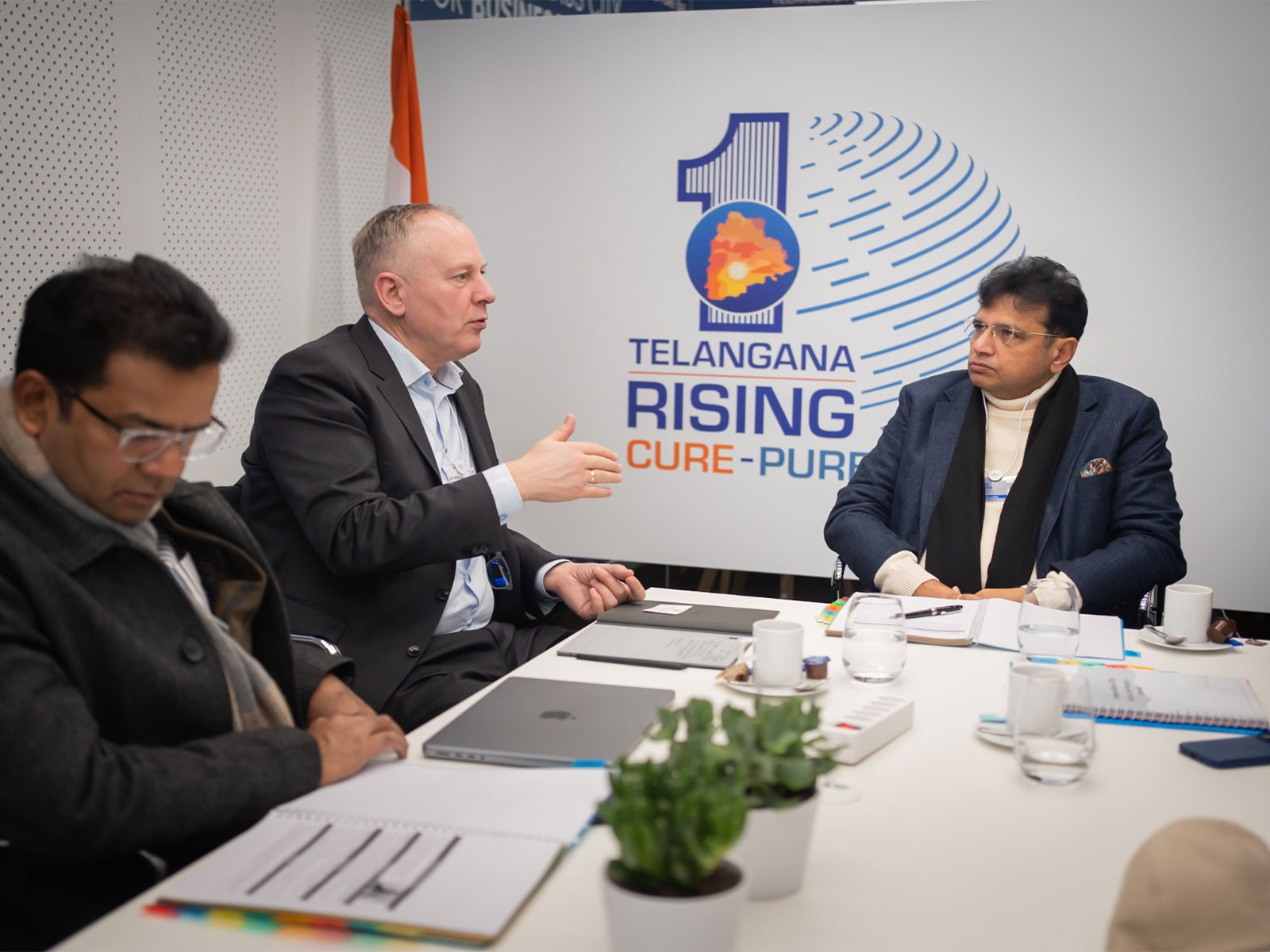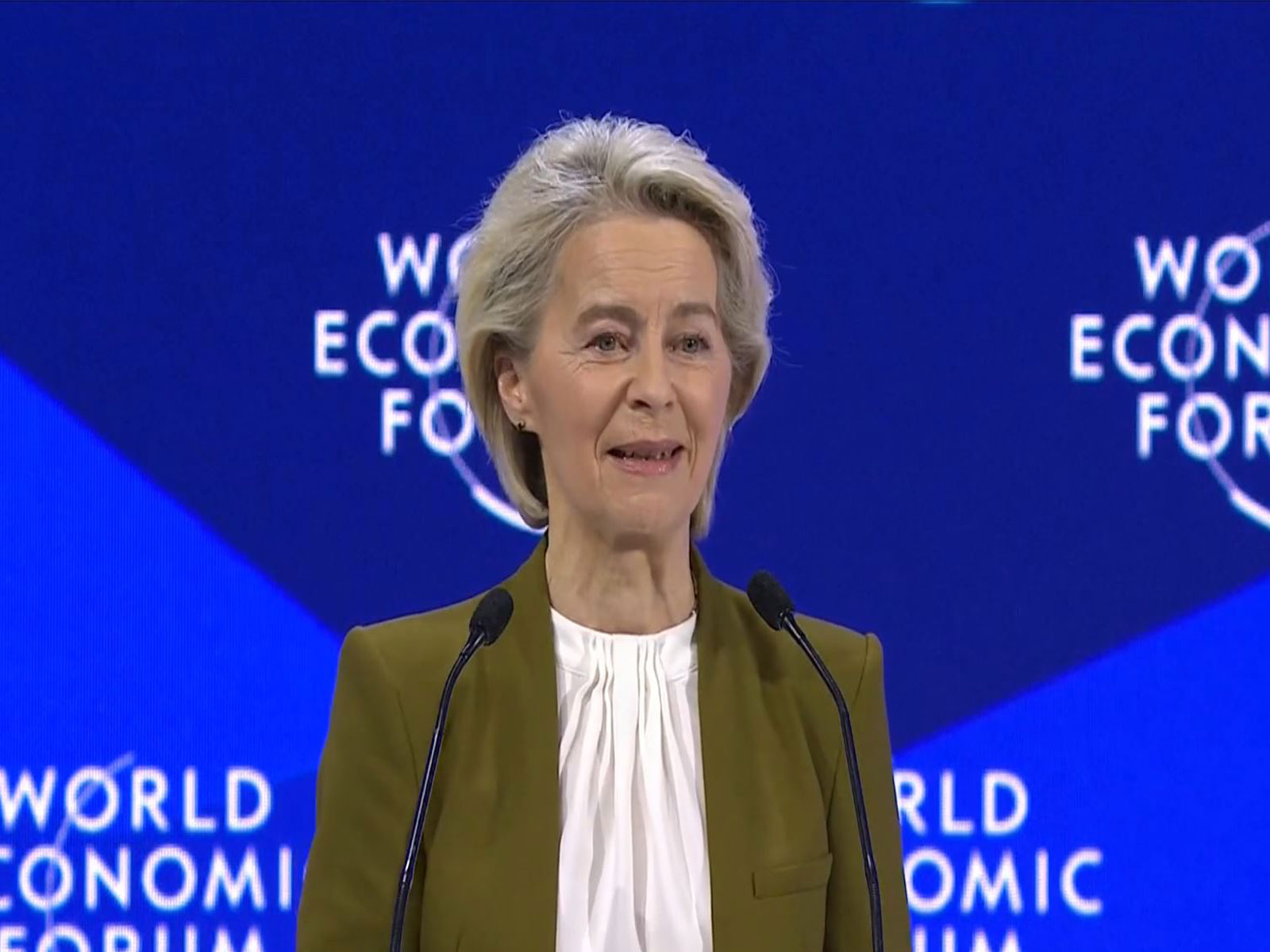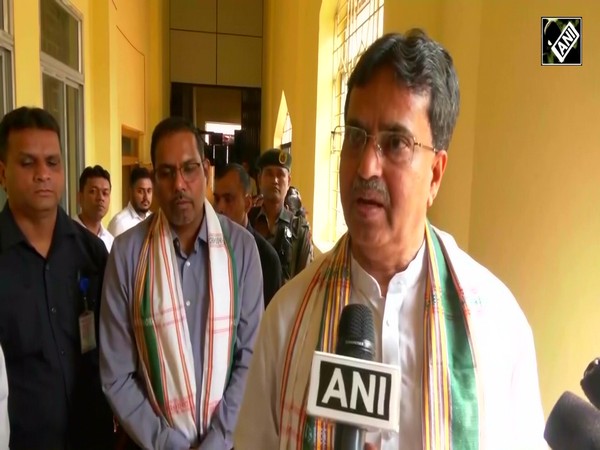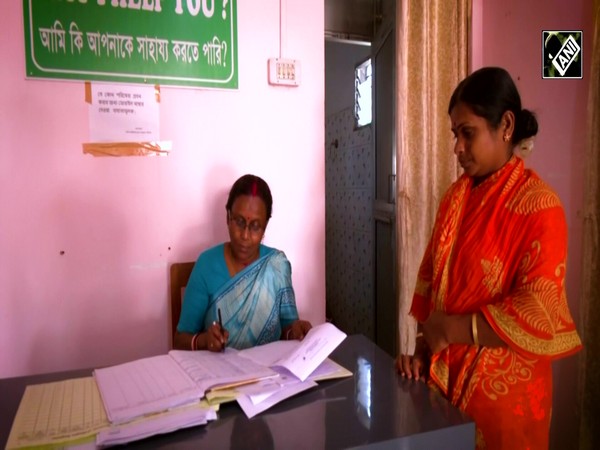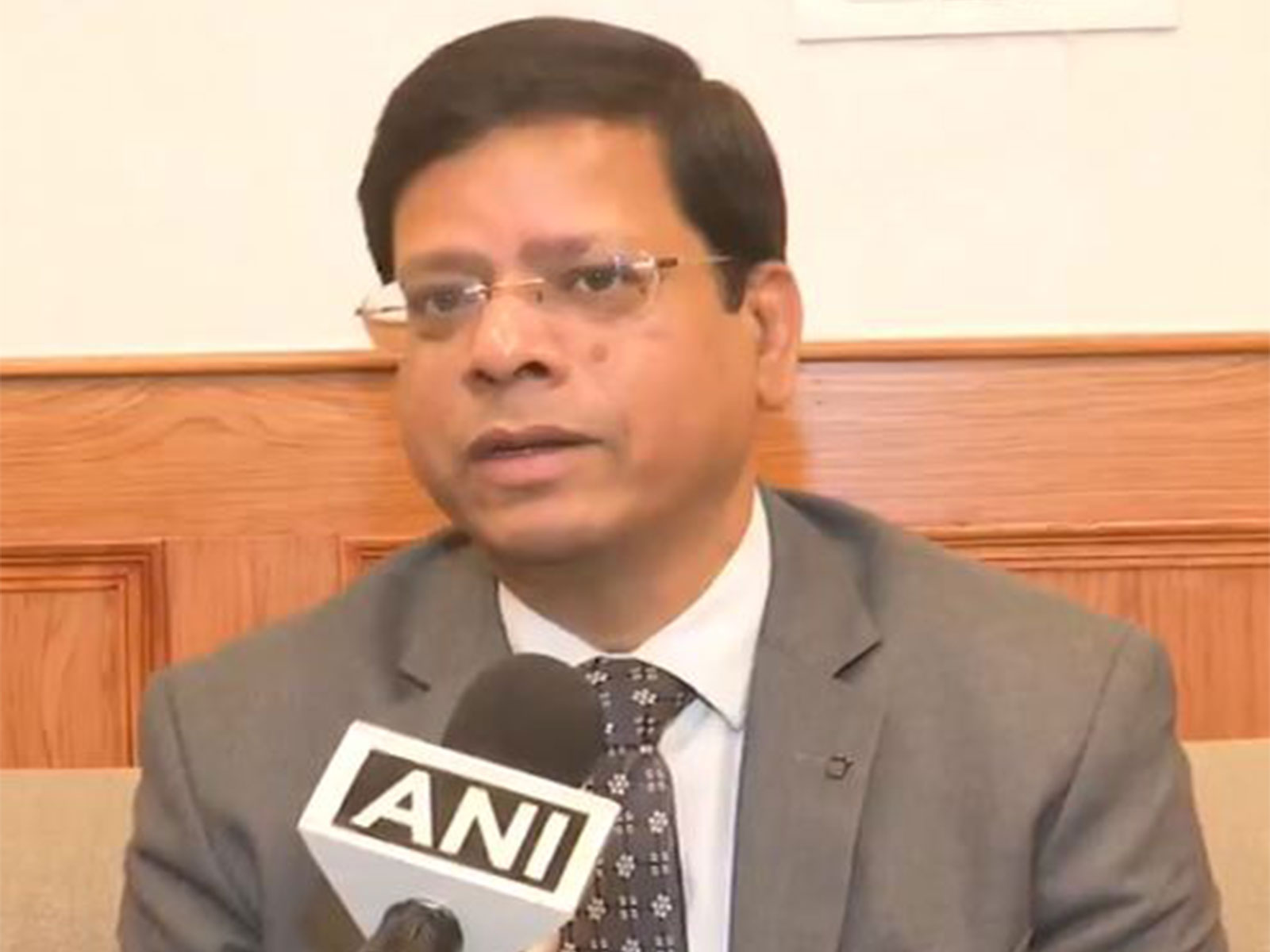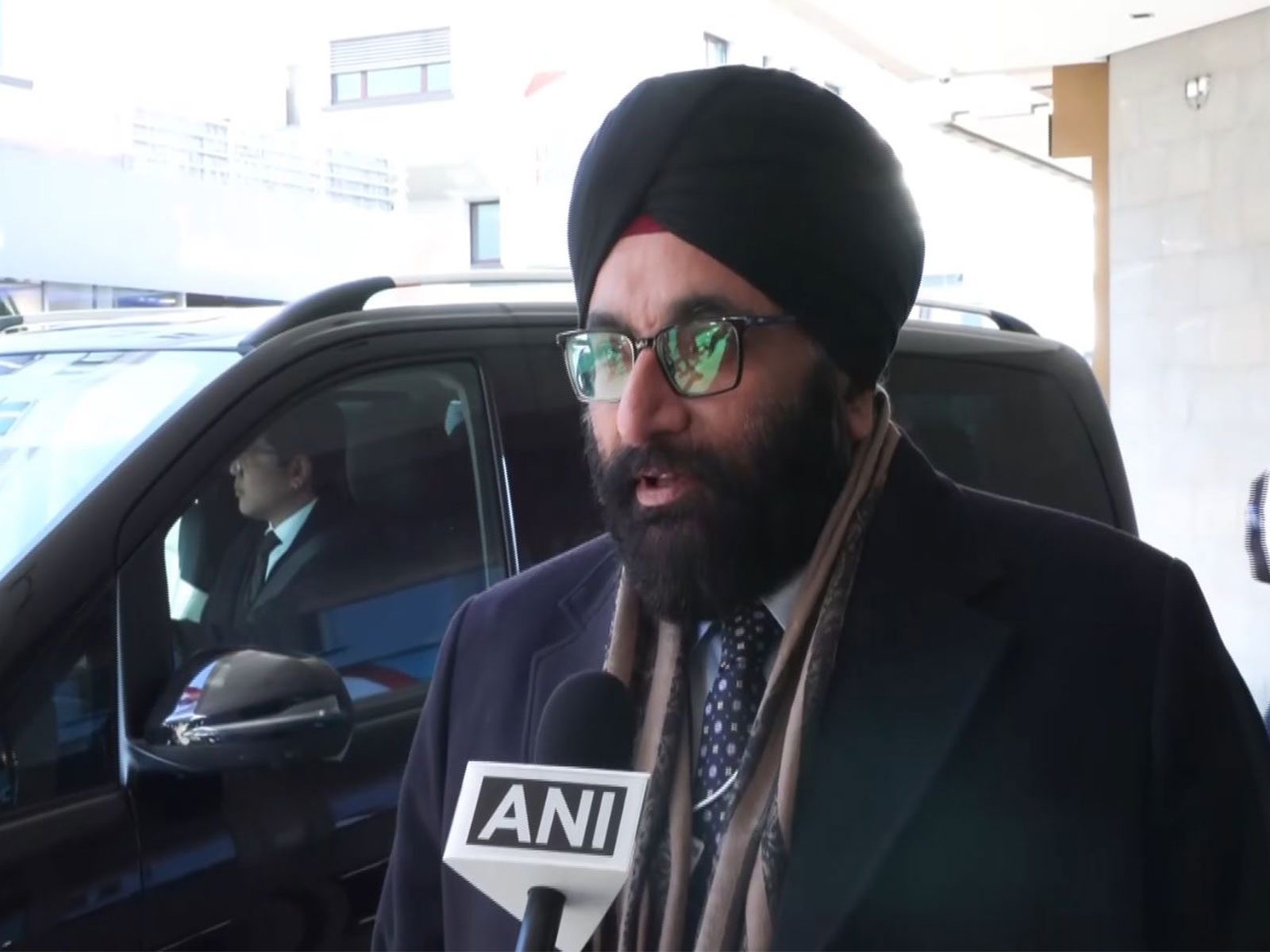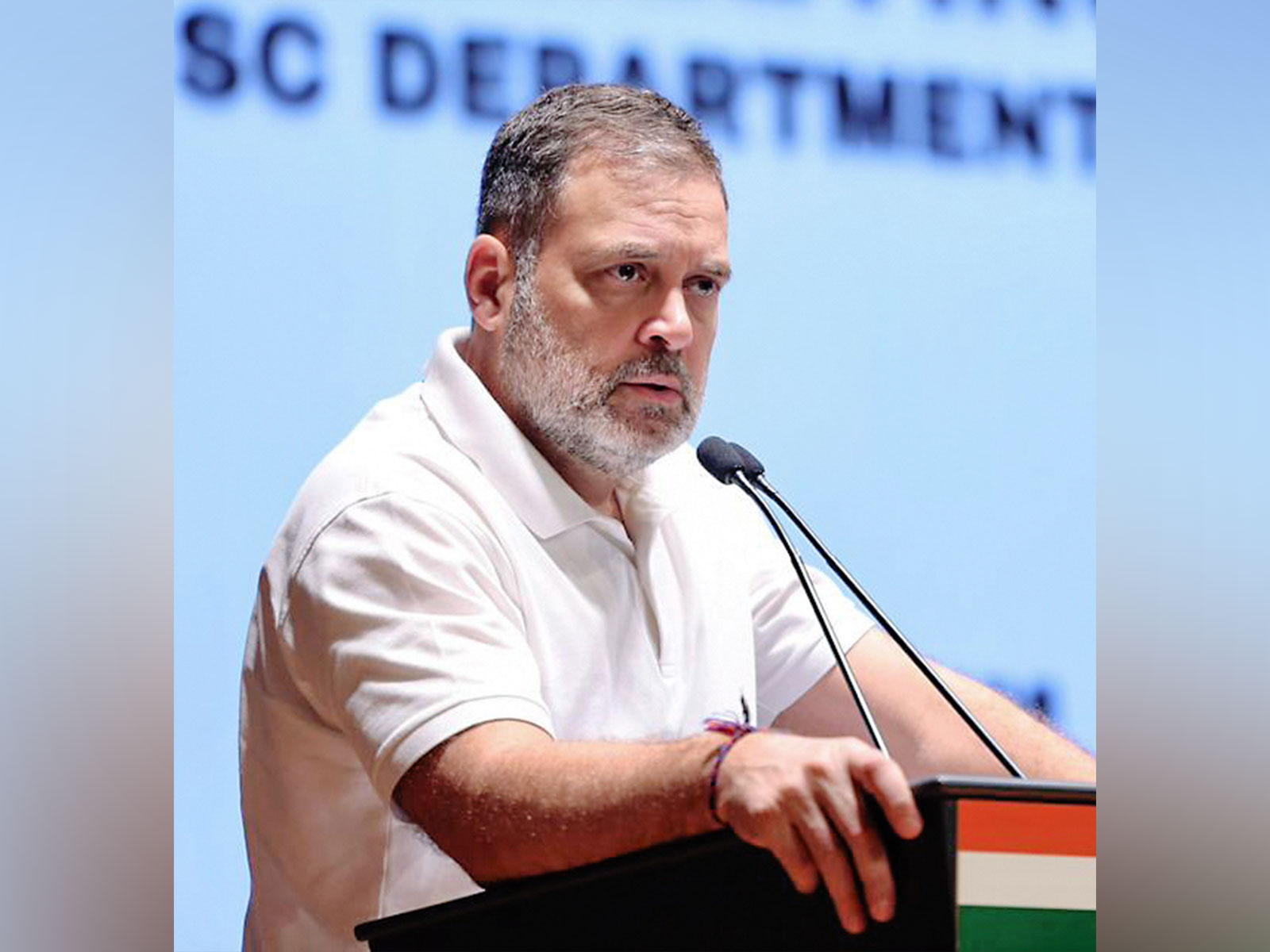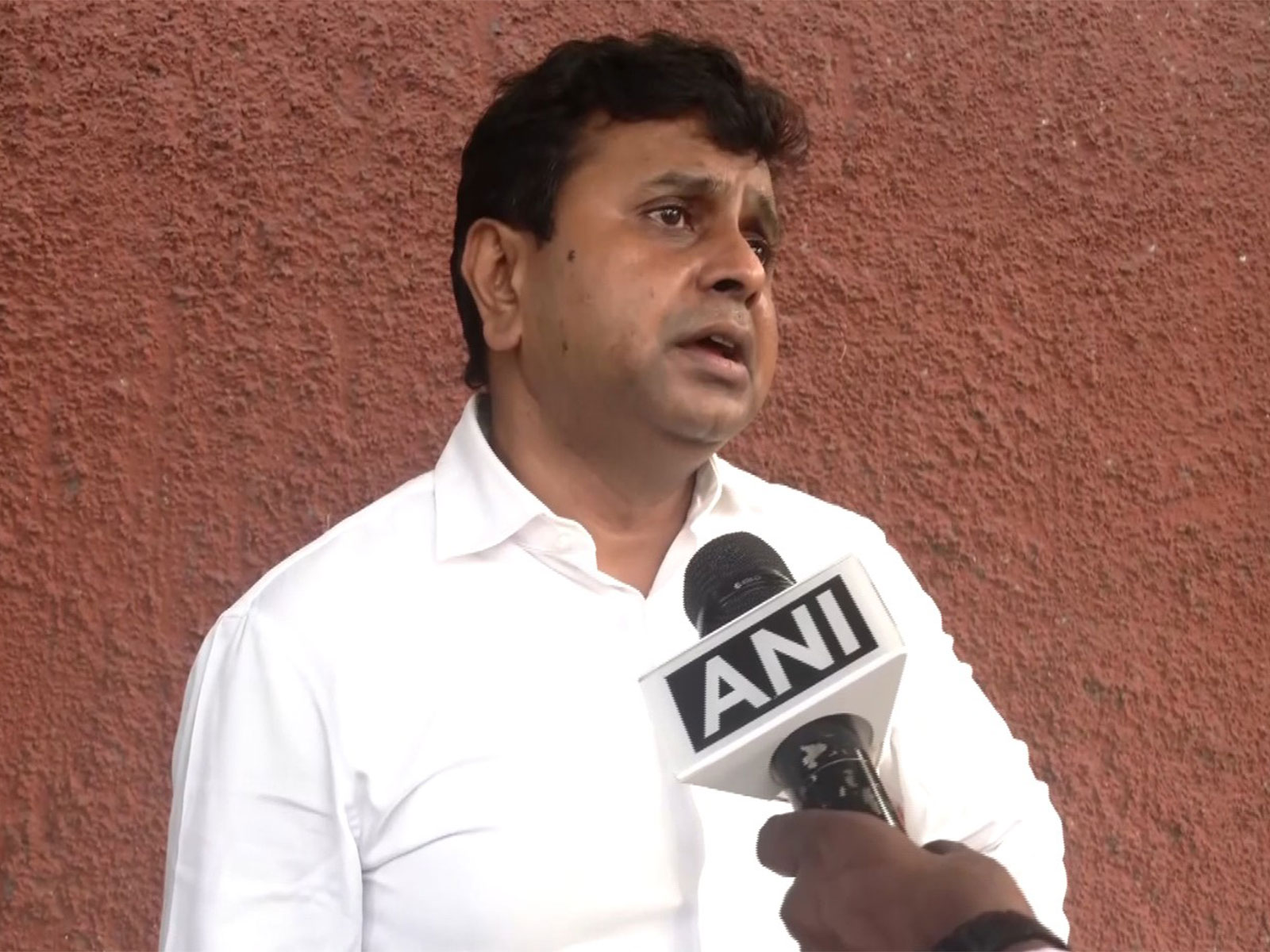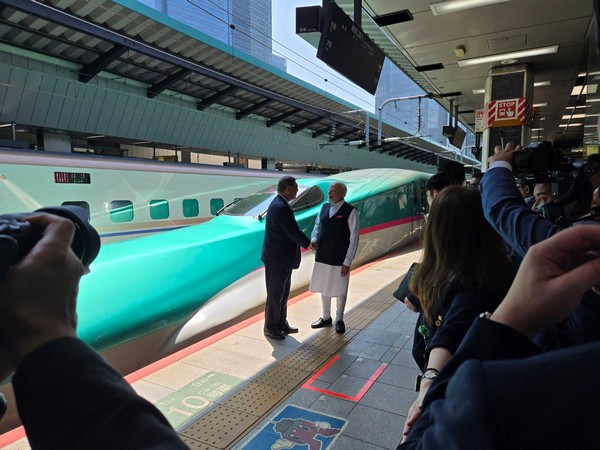
Japan's PM travels with PM Modi in bullet train from Tokyo to Sendai
Aug 30, 2025
Tokyo [Japan], August 30 : Japan's Prime Minister Shigeru Ishiba on Saturday personally accompanied Prime Minister Narendra Modi in a bullet train to reach Sendai.
Ishiba further said that he will continue the journey in the car with PM Modi, showcasing the bond of friendship between the two.
In a post on X, Ishiba said, "With Prime Minister Modi to Sendai. Continuing from last night, I will be with you in the car."
https://x.com/shigeruishiba/status/1961610621365227862
Earlier in the day, PM Modi greeted the Indian train drivers.
In a post on X, Ishiba said, "Greetings with the Indian train drivers currently training at JR East."
https://x.com/shigeruishiba/status/1961610432839626974
PM Modi and Ishiba also discussed cooperation in wide-ranging areas, he said in a post on X.
"Republic of India. Summit meeting with Prime Minister Modi. We discussed cooperation across a wide range of areas, including defence and the economy. Tomorrow, I will join you for the inspection of the Shinkansen and semiconductor-related matters," Ishiba said.
https://x.com/shigeruishiba/status/1961411733681020962
Prime Minister Narendra Modi is on a two-day official visit to Japan for the 15th India-Japan Annual Summit with Japanese Prime Minister Shigeru Ishiba.
He travelled by Shinkansen from Tokyo to Sendai to tour key industrial facilities, including a semiconductor plant and a bullet-train coach manufacturing site.
The semiconductor facility, located near Sendai in Miyagi Prefecture, is being developed by Taiwan's Powerchip Semiconductor Manufacturing Corporation (PSMC) in collaboration with SBI Holdings and Japanese partners under the joint venture Japan Semiconductor Manufacturing Company (JSMC).
Situated in the Second Northern Sendai Central Industrial Park in Ohira Village, the plant represents one of Japan's largest efforts to revive its domestic chip-making industry.
The plant will produce 12-inch semiconductor wafers, starting with 40-nanometre technology and later expanding to 28 nm and 55 nm nodes.
Its main focus will be on automotive electronics, a sector seeing growing demand from electric vehicles and next-generation mobility solutions.
Once operational, the facility is expected to manufacture about 40,000 wafers per month, making it a significant contributor to Japan's domestic chip supply.

